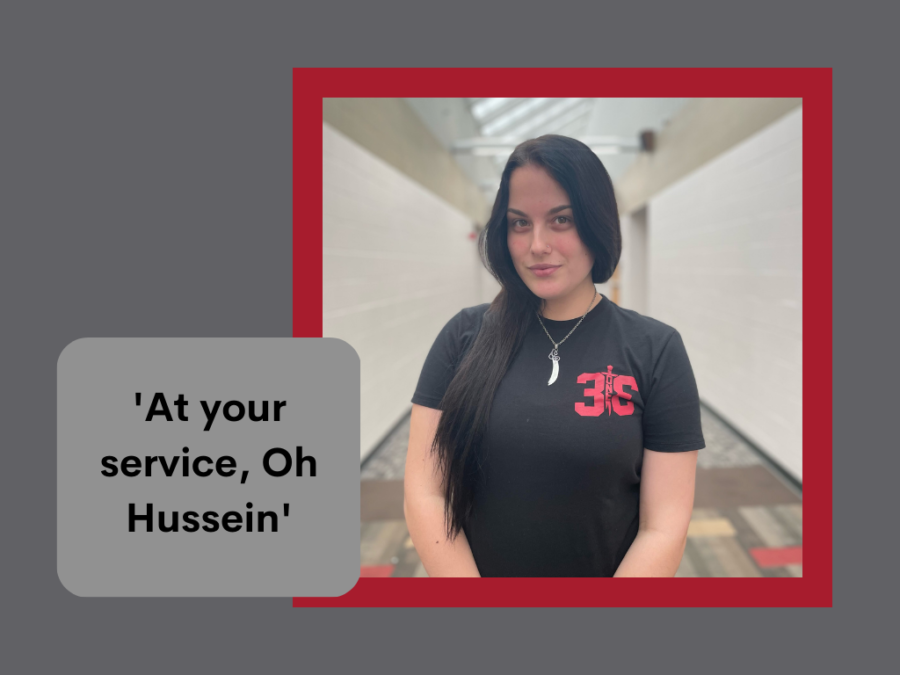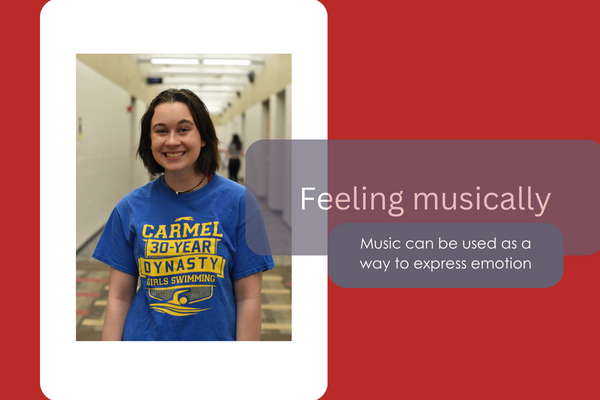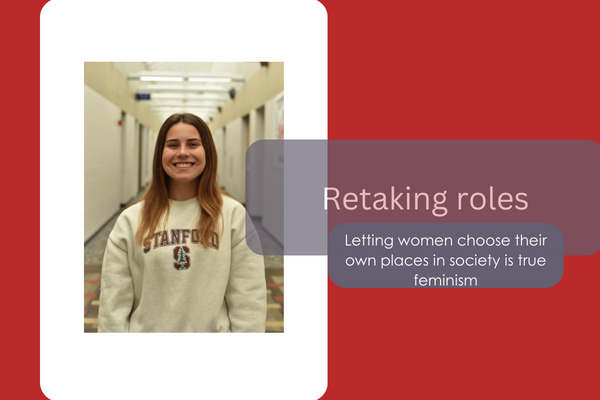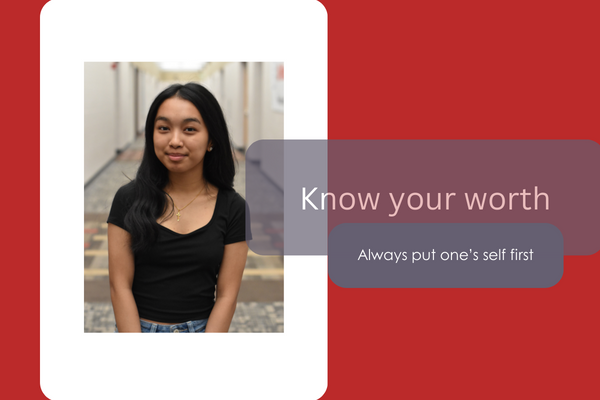‘At your service, Oh Hussein’
Knowing Iman Hussein story can change how you think of things
I was 14 years old when I felt the calling to become a voice for the oppressed and silenced people of our world. This was during the time I was looking into Shi’a Islam because I was interested in learning what my mother believes. I was curious and was wondering why Shia Islamic resistance speaks of “oppression.”
I asked my mother where I should start and she turned on a documentary called “Karbala: The City of Hussein.” The film explained the tragedy of Karbala and how Imam Hussein lost his life because he did not compromise for injustice.
Hussein is the grandchild of the Prophet and the son of Ali, the successor of the Prophet (pbuh). Fifty years after the death of Muhhamed, Muslim rulership was becoming corrupt under the rule of the tyrant, Yazid. Imam Hussein did not support someone like Yazid because of how he treated people with his oppressive rule. Him and his companions were forced to leave Mecca, the capital city of Islam. Hussein didn’t want any problems such as being followed and the tyrant to respect the city. Imam Hussein said “No’’ to the tyrannical force. He valued the importance of respecting other humans since he did not pledge allegiance to tyranny.
Hussein brought his family and people who supported him and not Yazid. They made their way to south Iraq to get away from the danger. However, they were not safe because the army of Yazid was everywhere. He told the citizens of Kufa that they should not compromise with someone who will hurt them. This taught me that you can not be friends with someone who is against justice. When the army heard about this, they forced him to leave and go to a city called “Karbala.” There was an army of 30,000 people versus the group with Hussein.
The oppressors cut the drinking water off from the small group. Hussein’s 6 month old son needed that water. They did not care about a young child just like how modern tyrants have hurt so many innocent children. Hussein held this child up and said “What has this child done to make you do this?’’ The merciless army later shot an arrow, murdering the young child.
Abbas, the brother of Imam Hussein wanted to get water for everyone so they could survive but they severed his arms. Everytime I am thirsty, I think of him because he did not get his water peacefully like I do.
At the end, Imam Hussein was decapitated and his last words were, “Is there anyone to help me? Is there anyone in support of me?’’ before he was beheaded by the merciless army.
After that, the remaining group were chained up and forced to walk to Damascus, Syria. Some of those included were the sister of Hussein, Zeyneb and his four daughters and son which is the 4th Imam in Twelver Shi’a Islam, Zeyn Al-Abadin. They were all forced to walk, had their belongings looted and the women were forced to walk without their veil. The young children were subjected to physical and emotional abuse.
As soon as I watched this I was crying uncontrollably and was angry that someone could take water away from someone and slaughter them just because they do not agree with their oppressive ways.
I remembered that Imam Hussein yelled out, “Is anyone there to support me?’’ and that made me want to be there for the children. When I see the Yemeni children without water, I think of Ali-Asghar who had no water. Since 2015, Saudi Arabia has blockaded supplies to Yemen and I think of how Abbas tried to get the water for the children.
Much of the world is silent on issues such as Israeli occupation of Palestine, Indigenous people, Cubans having their medicine blockade and Christians in the middle east.
Palestinians have been under occupation since 1948, and many children have been killed by the Israeli government, just like how children of Imam Hussein were abused.
The battle of Karbala has inspired many people, even some non muslims such as Mahatma Gandhi. Ghandi valued the sacrifice at Karbala and he was able to lead the people of India away from the oppressive British rule. He marched with 79 other people to protest against the salt monopoly imposed by the British. Gandhi and the protesters walked 218 miles to protest the British regime. When they reached the shore, Gandhi picked up some grains of salt and took a pledge, “With these crystals of salt, I am going to shake the foundation of the British empire.” His choice was a lot like the choice of Imam Hussein because he stood up for what he believed in despite the risks. When he finally got freedom, He stated “I learnt from Hussein how to achieve victory while being oppressed.”
Although, Shia Muslims speak more of Imam Hussein and mourn his death every year. If other sects learn the meaning of the sacrifice of Imam Hussein, it will help fix many of the problems in the Islamic world.
We see Palestinians living under Israeli apartheid just like how the 72 people on the plains of Karbala were surrounded by the dictator’s army. Since 1958, Cubans had an embargo placed on them and many children died of health issues caused by the blockade. Yazeed’s army blocked water to a small child. We must stand up to oppressive forces and choose the path of Hussein to achieve freedom.
Imam Hussein took a stand for justice over 1,500 years ago and was killed for it. Although he lost his life, he still won because he chose the path of justice. There are people who still cry for him and use his name to help others who are less fortunate. I say “Labbaik Ya Hussein,” which means “At your service, Oh Hussein.” I do not fear any tyrannical leaders because I have left my fear in Karbala.
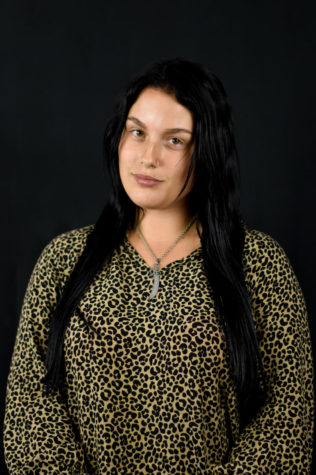
Hello, SHS students! My name is Sarah Bennett, and I am a senior and in my second year of The Journal. I love giving the news and spreading information...


